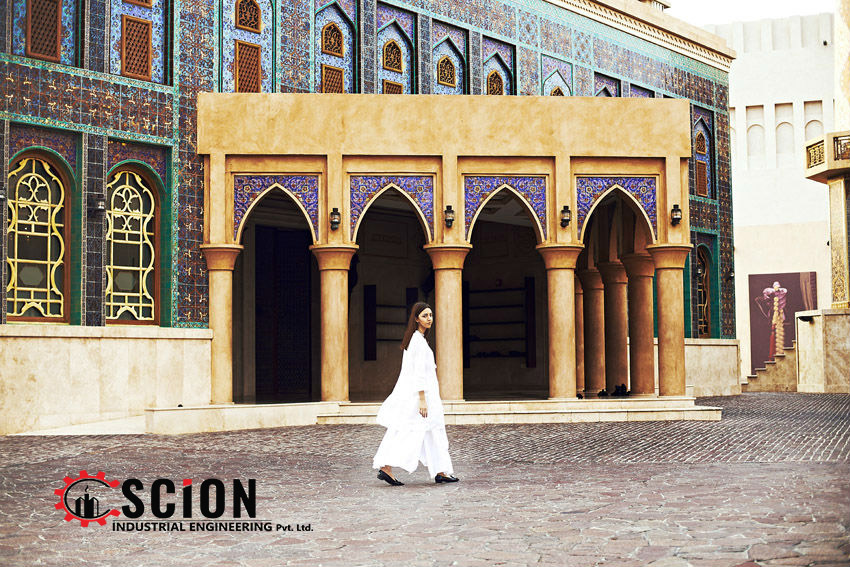Kitopi, the Dubai-based cloud kitchen platform, is set to enter Bahrain and Qatar this quarter as part of its planned expansions into the wider GCC market.
The company is also gearing up to enter the Southeast Asian market between July and September.
The food tech start-up, which is reportedly planning another round of fundraising, however, has ruled out opening up for an initial public offering (IPO).
“We are looking to expand to Bahrain and Qatar in the next few weeks in Q2, and will be expanding in Southeast Asia in Q3,” a senior executive at the venture told Arabian Business.
“As for the fundraising plans, we’re not looking at an IPO at this point in time,” the director level executive said.
There have been talks among investment banking circles in Dubai about Kitopi being among some of the growth stage ventures in the UAE which are considering IPOs for their next round of fundraising.
Kitopi is currently present in the UAE, Saudi Arabia and Kuwait markets, operating more than 60 satellite kitchens with more than 1,200 partner restaurants.
Leading cloud kitchen and virtual restaurant operators in the UAE such as Kitopi and India-based Rebel Foods have been working on aggressive expansion plans in the GCC region on the back of exponential growth of online food delivery services in the region.
“Players such as Kitopi are expanding the food service category itself by capturing more ‘share of stomach’. These platforms have also enabled many restaurant chains and culinary start-ups to be closer to the customers and thus generate new demand and impulse purchases,” Sandeep Ganediwalla, managing partner of RedSeer Consulting, Dubai, a global consultancy firm specialising in online services, told Arabian Business.
“Although the lockdowns have fuelled the growth of this sector, our research indicates that there are other benefits such as variety, comfort and pricing that will continue to drive the sector post-pandemic,” Ganediwalla added.
Cloud kitchens have lately garnered attention from global investors and international food brands, as consumers have been forced to turn to online for food delivery due to the pandemic-induced lockdowns and movement restrictions.
On their part, food tech platforms have also been upping their game by planning global attention seeking moves as Rebel Foods’ plans to enter into a partnership deal with Expo 2020 Dubai, slated to commence in October, and Kitopi’s move to diversify into e-grocery business by launching ‘Shop Kitopi’ in Dubai last March.
“The business models of dark kitchens are still evolving, with players such as Kitopi offering multiple models from ‘end-to-end services’ to ‘no-frills kitchen operations’ and everything in between. However, competition in this space is increasing with many independent kitchen operators entering the space.
“If they are able to offer a distinctive value proposition and make the unit economics work, they would further boost the nascent dark kitchen ecosystem,” Ganediwalla said.
Kitopi raised $60 million last year – taking total investments in the venture to $120 million since it was founded in 2018.
As for the company’s decision not to consider an IPO for now, Ganediwalla said a growth-stage venture’s operations and business model would need to reach a certain level of maturity before they take the company public.
“An IPO is a big step in the journey of any company, as it would also mean controls and scrutiny increasing many-fold. [An IPO] could also become an interesting proposition as these start-ups mature and they get comfortable that public investors are valuing them fairly,” Ganediwalla said.
Source:https://www.arabianbusiness.com/retail/461549-kitopi-set-to-enter-bahrain-qatar-markets-this-quarter




